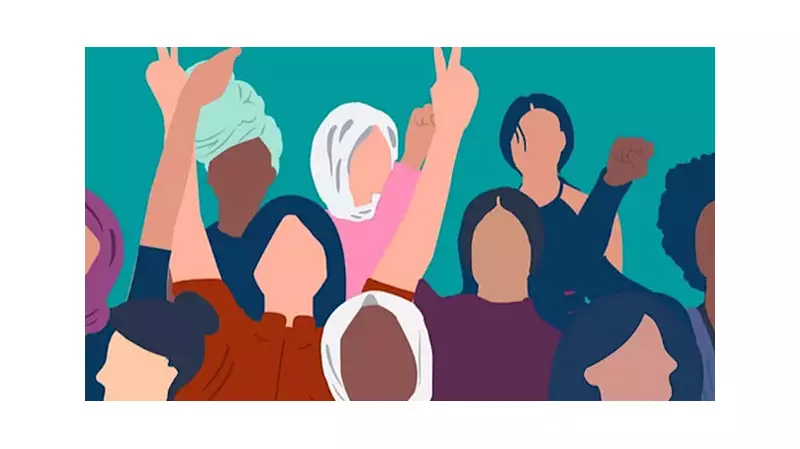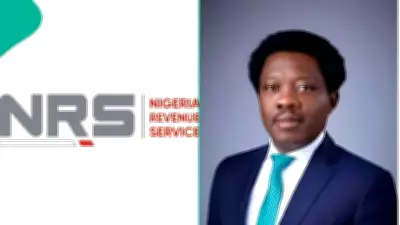
A powerful movement is gaining momentum across Nigeria as prominent leaders and activists unite to demand greater political inclusion for women and young people in governance structures.
The recent National Multi-Stakeholders Forum on Women and Youth Political Participation served as a pivotal platform where passionate advocates highlighted the urgent need for systemic change in Nigeria's political landscape.
The Current Representation Gap
Despite comprising significant portions of Nigeria's population, both women and young people remain severely underrepresented in political leadership roles. Forum participants emphasized that this exclusion undermines the principles of true democracy and limits the nation's developmental potential.
"When we exclude women and youth from governance, we're essentially operating with one hand tied behind our backs," one prominent speaker noted during the proceedings.
Concrete Demands for Change
The forum outlined several key recommendations to address this representation crisis:
- Implementation of affirmative action policies to reserve political seats for women
- Reduction of age requirements for certain political offices
- Financial support mechanisms for women and youth candidates
- Comprehensive political education programs targeting underrepresented groups
- Reforms within political parties to ensure internal democracy
Building a More Inclusive Future
Participants stressed that increasing women and youth participation isn't just about fairness—it's about harnessing the full spectrum of talent, innovation, and perspective needed to address Nigeria's complex challenges.
The energy at the forum reflected a growing determination among civil society organizations, development partners, and political actors to transform Nigeria's governance landscape into one that truly represents all its citizens.
As the discussions concluded, there was a strong consensus that the time for token representation has passed, and concrete action must follow these important conversations.





